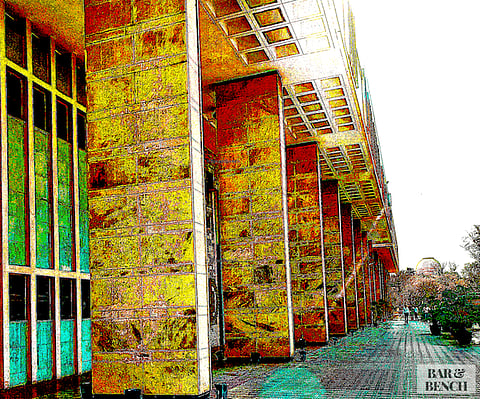
- News
- Columns
- Interviews
- Law Firms
- Apprentice Lawyer
- Legal Jobs
- हिंदी
- ಕನ್ನಡ

In one of several challenges to the ban on the manufacture, sale or distribution of 328 Fixed Dose Combination (FDC) drugs in India, the Delhi High Court today set aside the Centre’s decision to ban an FDC manufactured by Wockhardt Ltd.